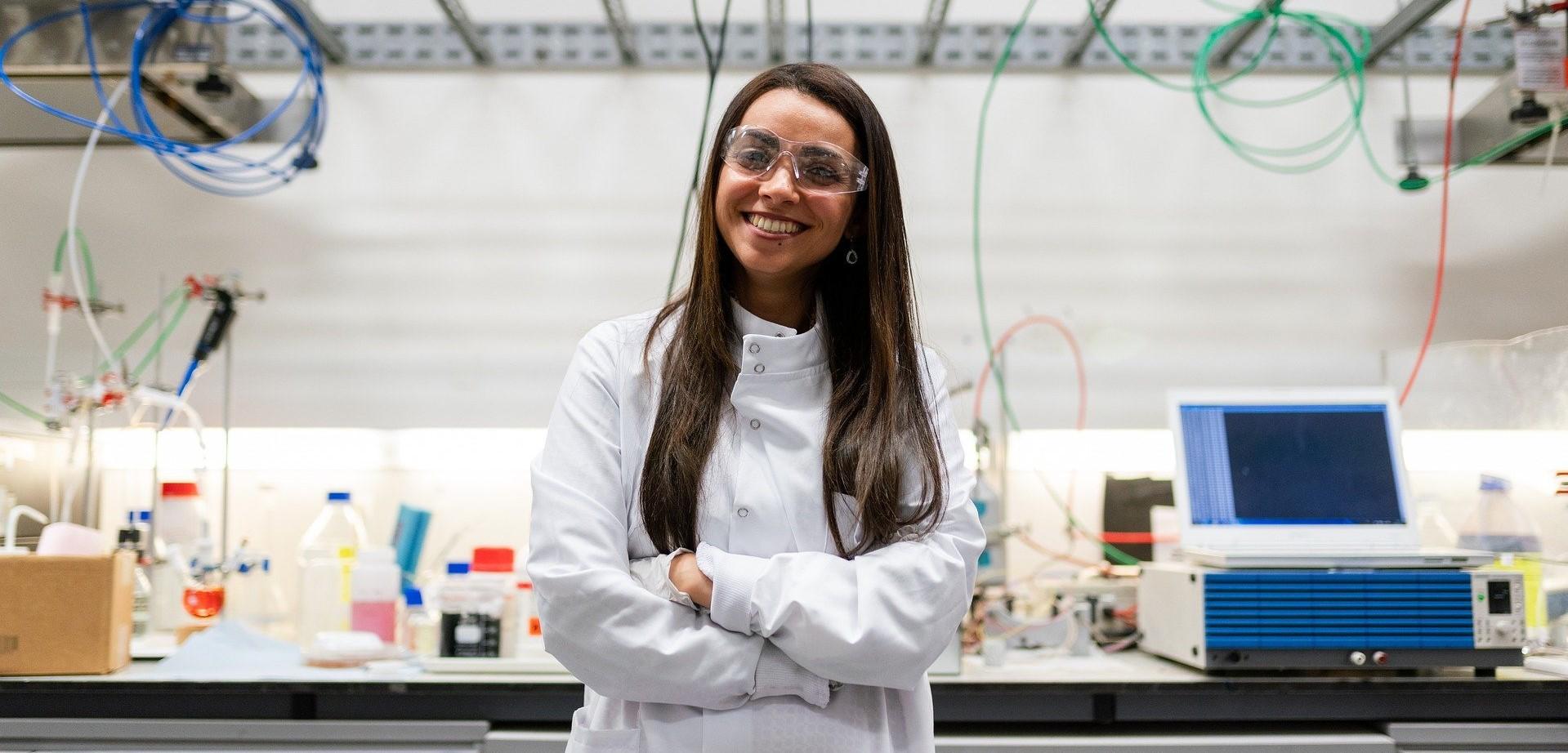
In line with the University’s mission, the academic vision of the School of the Biological Sciences is the pursuit of education, learning and research at the highest international levels of excellence. Our research and teaching are already world class as acknowledged in the recent QS University rankings, which placed biological sciences at Cambridge top amongst UK Universities and third in the world. Our goal is to continue to deliver research and teaching at the highest levels, working in innovative ways to achieve ongoing excellence.
The research and teaching carried out in the School of the Biological Sciences is diverse and covers animal, human, plant and microbial science from the atomic, molecular and cellular levels through to tissues, organs, whole organisms, populations, ecosystems, biodiversity, and human behaviour. The research has impacts on health and disease across species, agriculture, conservation and the environment as well as on the pharmaceutical and biotechnology industries, with direct translational relevance to the clinic, public services and social policy, and the bio-economy.
The School is organised into nine Departments (Biochemistry; Genetics; Pathology; Pharmacology; Physiology, Development and Neuroscience; Plant Sciences; Psychology; Veterinary Medicine; Zoology) and four major interdisciplinary research institutes (Gurdon Institute, Cambridge Stem Cell Institute, Sainsbury Laboratory and the MRC Toxicology Unit) all of which are involved in fundamental biological research with varying contributions to undergraduate and postgraduate teaching.
The School has oversight of the Botanic Garden, the Herbarium and the Museum of Zoology through the Departments of Plant Sciences and Zoology respectively. The School also contributes to the Cambridge Conservation Initiative, an unprecedented and highly successful amalgamation of cross-Schools groups and Non-Governmental Organisations.

